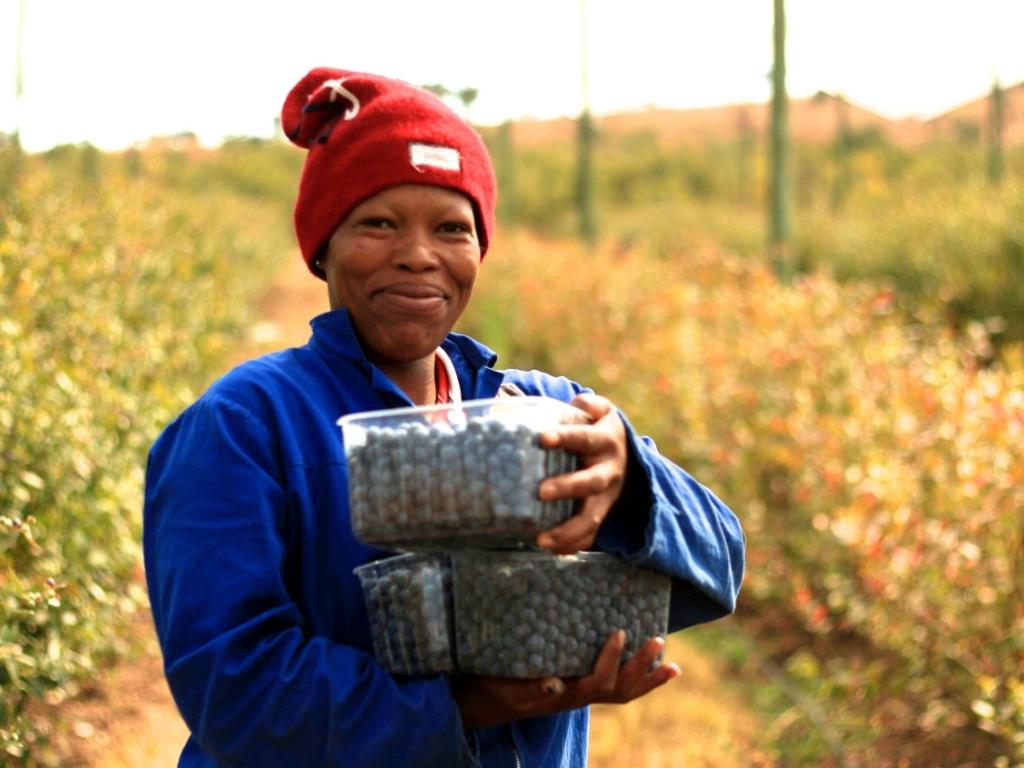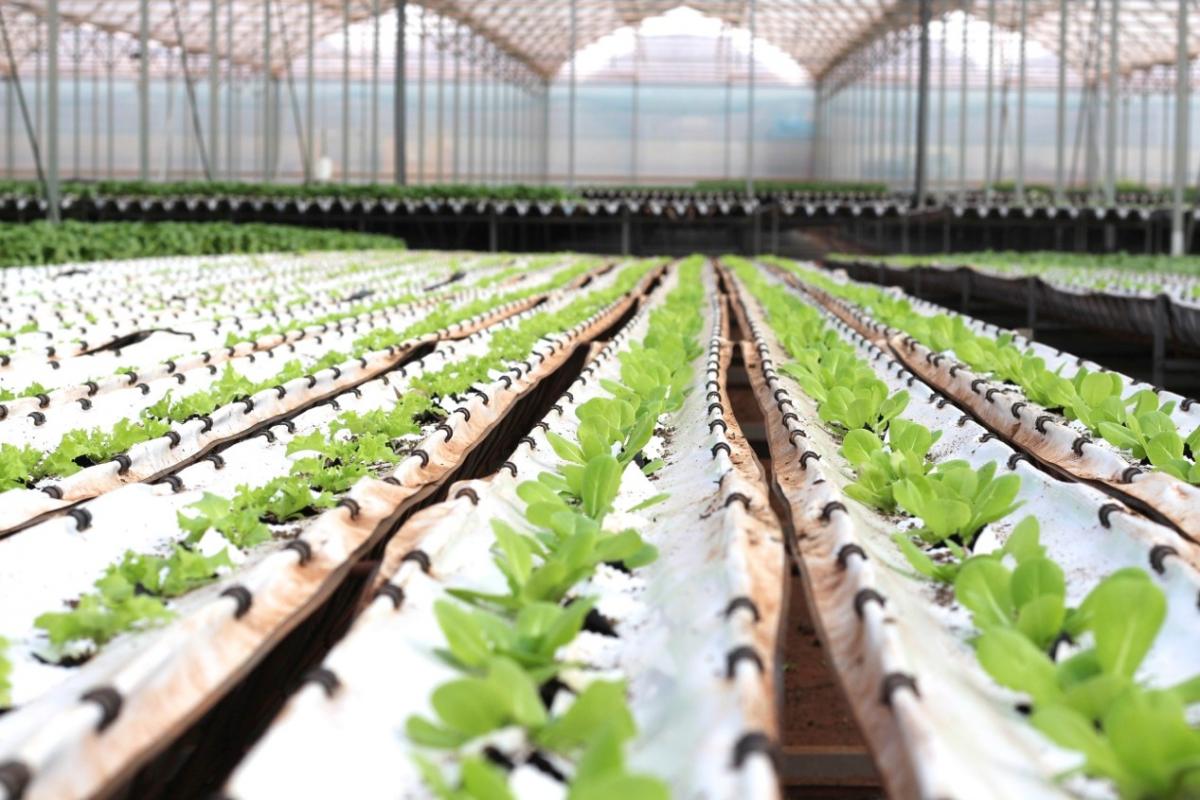Agriculture Value Chain Climate Resilience Programme: A personal reflection

By ACDI Masters Student Katherine Smit
Climate change poses several risks to agriculture in South Africa, including changes in irrigation demand, spatial shifts in optimum growing regions, reduced yields of key agricultural species and changes in plant diseases and insect distribution ranges (LTAS 2013).
Farmers are particularly vulnerable to these changes due to the weather dependent nature of their practice. To increase their resilience against climate risks, they need to adapt. But, instead of reactive (short-term) responses, there is a need for proactive (long-term) adaptation, which is, however easier said than done. Farmers face numerous barriers to adaptation, especially in the context of their multi-stressor environments (e.g. the uncertainty of land reform, and water shortages). In addition, as a farmerâs competitive advantage leans further and further towards an economy of scale, adaptation often requires significant capital injections.

Figure 1: Significant investments in climate-resilient infrastructure on one of the farms that I visited.
Whilst the farmer is feeling the pressure, so too is the retailer, as climate risks are not only felt at the farm level, but are transmitted throughout the agriculture value chain (i.e. from farm to fork). Extreme weather events are disrupting the supply and quality of fresh produce that retailers depend on to satisfy customers. For example, in November 2013, hailstorms in South Africa disrupted the security of supply of apples and pears to markets and to retailers (HortGro 2015).
Due to the uncertainty of climate risks there has been increasing interest in climate risk management by retailers. An essential question to explore is how might retailers play a role in enabling adaptation at the farm level? And because retailers have become âfood authoritiesâ, their support or participation at the farm-level might be essential. To address these issues of agriculture supply chain vulnerability, the World Wide Fund for Nature South African (WWF-SA) and the British High Commission (BHC) have established a project which aims at identifying strategies to mitigate these potential risks posed by climate change in South Africa. This is to essentially support on-going productivity and continued UK market access for South African farms.

My broad responsibility as part of this project is to understand what farmers are experiencing, what barriers they are facing, and to look at how they are responding to climate risks. The farmerâs experiences, along with the experiences of other stakeholder within the agri-supply chain, will then feed into a scenario process that aims to tell stories about the future. Here the scenarios will explore how the future of South African farm productivity will play out 50 years from now, the risks to retailers, and the consequences of different farmerâs responses.
This project therefore has a food security perspective that will look at the risks to fresh produce (fruit & veg) on large-scale commercial farms in Gauteng, Limpopo and Western Cape Provinces. Important and much-needed results from the project will be made available in March 2016.
Disclaimer: The views expressed here are solely those of the author in their private capacity and do not in any way represent the views of the ACDI, or any other entity affiliated with the ACDI.